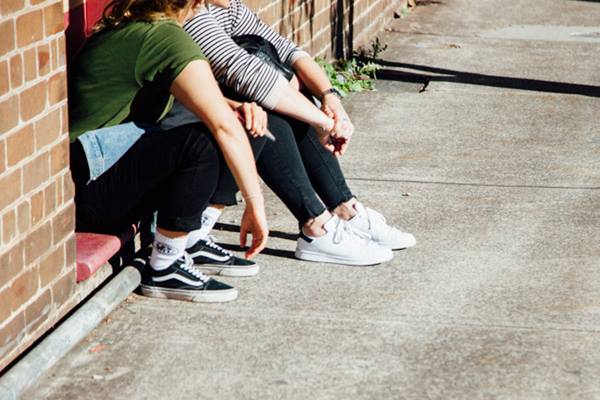Domestic violence, or family violence, is violent, abusive or intimidating behaviour in a relationship. There are many types of domestic violence, including social, physical, sexual and emotional. If you’re being subjected to domestic violence, there are a number of organisations that can offer you help and support.
This can help if:
- you’re in an abusive relationship
- you don’t know what to do about your abusive relationship
- you don’t know where to go to get help
- you don’t know what your rights are.

What is domestic violence?
For violence to be ‘domestic’, it doesn’t have to occur within your home, only within a relationship (with family or an intimate partner). It occurs when someone close to you has power and control over you. This control or abuse can be expressed in different ways.
Physical abuse
If someone is hurting you physically, or is threatening to hurt you, a loved one or a pet, then you will need to take action. Read more about physical abuse and learn where to get support.
Emotional abuse
Emotional abuse often goes unrecognised and can be very hurtful. Someone who is emotionally abusive towards you wants to chip away at your feelings of self-worth and independence. Read more about what constitutes emotional abuse.
Economic abuse
If someone close to you controls your finances, and keeps you financially dependent on them so that you always have to ask them for money, this is a form of domestic violence.
Social abuse
Social domestic violence occurs when someone insults or humiliates you in front of other people, keeps you isolated from family and friends, or controls what you do and where you go.
Spiritual abuse
Spiritual domestic violence involves preventing you from having your own opinions about religion, cultural beliefs and values. It may also involve manipulating your thoughts on spirituality in order to make you feel powerless.
How can you keep yourself safe?
An abuser may exert control by downplaying the seriousness of what they’re doing to you. As a result, it’s easy to underestimate the amount of danger you’re in. It’s vital to protect yourself from harm if you feel that you’re being abused.
Decide if you’re in any immediate danger
How likely is it that someone will hurt you? Sometimes it’s hard to work out the danger or risks yourself. If you’re unsure about your safety, it’s important to talk to someone. If you feel uncomfortable, you may have to move to somewhere safe.
Get support
Making a decision to leave a situation where you feel unsafe may be hard and scary. If possible, talk to someone you trust, such as a friend, counsellor or youth worker.

